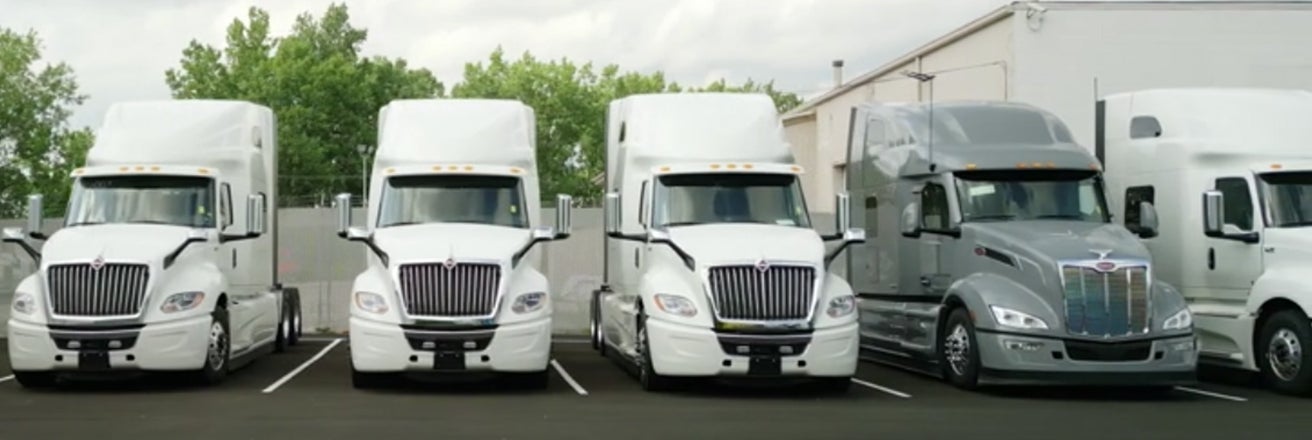Transportation

Internal experts, mandatory practices and effective processes help ensure our products make it to their destinations safely and minimize the environmental impact of transportation.
Our transportation highlights in 2023
In 2023, our teams reported 276 incidents via a U.S. DOT 5800 incident report or PPG transportation incident report, representing less than 0.03% of total shipments. Our incident report numbers are relatively stable compared to 2022, reflecting our mature approach to transportation safety. Nine of these incidents required immediate notice to a governmental authority and were therefore considered significant according to our internal criteria and that of the Sustainability Accounting Standards Board (SASB). Of these, four occurred outside the U.S. and five were within the U.S.
Reducing transportation emissions
To reduce the emissions associated with moving our products, we continue to work with our suppliers to optimize shipping patterns, adopt alternative fuel sources, consolidate shipments, and shift to low emissions transport modes. In Europe, we integrated sustainability-related criteria into our freight tender process for the first time. Our EU transportation management team meets with sustainability experts at our top carriers to identify opportunities to curb emissions and ensure suppliers have future-proof plans for meeting their sustainability targets. Suppliers with lower-emission programs that align with PPG's decarbonization strategy are given priority in our freight tender process.
PPG is actively considering ways to decarbonize transport, but is limited by aspects of the market that require further development. In some instances, there may not be cost-effective methods available to reduce the emissions associated with moving our products. For example, while the range on electric vehicles has improved, there are many routes where the range of electric trucks is still too limited. These issues can also be compounded in cold weather and when hauling heavy loads.
We utilize a range of tools to track emissions associated with moving our products, including a dashboard for tracking supplier emissions by mode of transportation. Using the dashboard allows us to identify how factors such as distance, transport mode and fill rate of vehicles impact transportation-related emissions. These insights empower our centralized operations team to identify improvement opportunities and select carriers that are taking meaningful action to reduce emissions.
As the capacity and availability of low emissions technologies continue to ramp up, we are working in parallel to avoid excess emissions from air freight – our most emissions-intensive form of transport. In 2023, we established new approval flows for expedited shipping, which require director-level sign off on all air shipments.
Looking ahead, we are exploring external partnerships to develop a track and trace system that will provide greater visibility into transport emissions at the carrier and route level.
Multi-year data highlights
Transportation incidents
Scroll right to view further data »
| 2023 | 2022 | 2021 | 2020 | 2019 | |
| Total number of incidents reported | 276 | 288 | 561 | 255 | 293 |
| Number of significant incidents | 9 | 12 | 16 | 12 | 20 |
For more information about how we approach transportation, see below.
